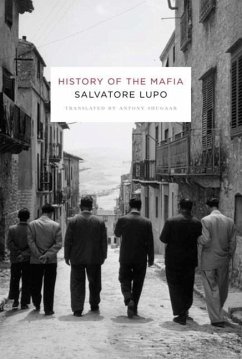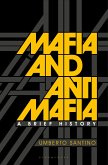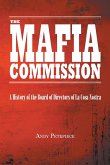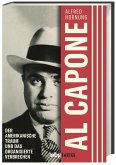Consulting rare archival sources, Salvatore Lupo traces the web of associations, both illicit and legitimate, that have defined the Sicilian Mafia from 1860 to the present. He focuses on several crucial periods of transformation: the Italian unification of 1860 and 1861, the murder of noted politician Notarbartolo, the fascist repression of the Mafia, the Allied invasion of 1943, the social conflicts that followed each world war, and the major murders and trials of the 1980s. Lupo clarifies the Mafia's cultural codes and situates them within social groups and communities. He also refutes the notion that the Mafia has grown more ruthless in recent decades. Rather than representing a shift from "honorable" crime to immoral drug trafficking and violence, Lupo argues the terroristic activities of the modern Mafia signify a new desire for visibility and a distinct break from the state.








